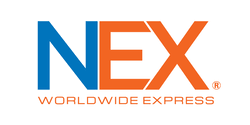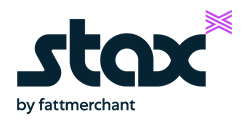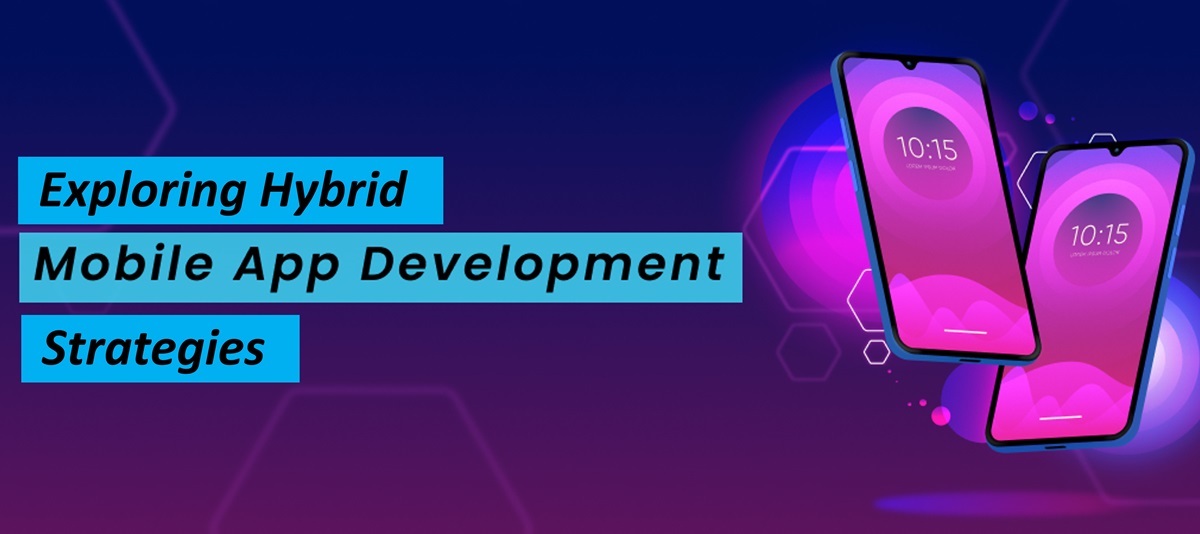Exploring Cross-Platform Mobile App Development Strategies
In the ever-evolving landscape of mobile app development, developers and businesses constantly strive to find the most efficient and effective ways to build mobile apps that cater to a diverse audience. Cross-platform mobile app development has emerged as a popular strategy due to its ability to streamline the app development process, reduce costs, and accelerate time to market. In this blog post, we will delve into the advantages and challenges of cross-platform development, compare different cross-platform tools and their capabilities, and share insights on when to opt for cross-platform development over native development.
Advantages of Cross-Platform Development
Cross-platform development offers several key advantages for businesses and developers looking to create mobile apps that can run on multiple platforms:
- Cost-Effectiveness: Developing a single codebase for multiple platforms significantly reduces development costs. Instead of hiring separate teams for iOS and Android development, businesses can invest in a single team of developers skilled in cross-platform tools.
- Faster Time to Market: With a unified codebase, developers can streamline the app development process, enabling quicker deployment to both iOS and Android platforms. This speed can be crucial for businesses looking to seize market opportunities and launch apps in a timely manner.
- Consistent User Experience: Cross-platform development allows for a consistent user experience across different platforms. By utilizing a single codebase, developers can ensure that the app’s look and feel remain consistent, regardless of the platform.
- Simplified Maintenance: Maintaining a single codebase is simpler and more efficient than managing separate codebases for iOS and Android. Any updates or bug fixes can be applied across all platforms simultaneously, saving time and effort.
- Wider Audience Reach: Cross-platform apps can reach a broader audience by supporting multiple platforms. This can be beneficial for businesses aiming to expand their customer base and engage with users on different devices.
Challenges of Cross-Platform Development
While cross-platform development offers numerous advantages, it also comes with its own set of challenges:
- Performance Limitations: Cross-platform apps may experience performance limitations compared to native apps. Since the code is not specifically optimized for each platform, there may be slight delays in response times or graphical rendering.
- Platform-Specific Limitations: Cross-platform tools may not provide full access to platform-specific features and APIs, limiting the app’s capabilities. This can be a challenge for developers looking to leverage unique functionalities offered by iOS and Android.
- User Interface Design Constraints: Creating a consistent user interface across different platforms can be challenging. Each platform has its own design language and guidelines, and developers must carefully balance these differences to ensure a seamless experience.
- Dependency on Third-Party Tools: Cross-platform development often relies on third-party tools and libraries, which can introduce potential risks such as security vulnerabilities or lack of ongoing support.
- Limited Community and Ecosystem Support: While cross-platform development has grown in popularity, the ecosystem and community support may still be limited compared to native development. This can affect access to resources, tutorials, and troubleshooting support.
Comparison of Cross-Platform Tools
React Native
Developer: Facebook
Languages: JavaScript
Features: React Native allows developers to build mobile apps using JavaScript and React. It offers a high degree of reusability and a vibrant community.
Advantages: Large community support, hot reloading, access to native APIs through third-party libraries.
Challenges: Some performance limitations, potential bridging issues with native modules.
Flutter
Developer: Google
Languages: Dart
Features: Flutter provides a rich, modern framework for building beautiful and performant apps for multiple platforms.
Advantages: Strong performance, customizable widgets, hot reload, access to native APIs.
Challenges: Smaller community compared to React Native, learning curve for Dart.
Xamarin
Developer: Microsoft
Languages: C#
Features: Xamarin allows developers to write code in C# and share it across platforms. It integrates well with the Microsoft ecosystem.
Advantages: Access to native APIs, integration with Visual Studio, strong support for enterprise apps.
Challenges: Larger app size, slower iteration cycles, smaller community compared to other tools.
Ionic
Developer: Ionic
Languages: JavaScript, HTML, CSS
Features: Ionic uses web technologies (HTML, CSS, JavaScript) and Angular for cross-platform app development. It also provides a wide range of UI components.
Advantages: Familiar web technologies, strong plugin ecosystem, good documentation.
Challenges: Performance limitations, reliance on web views, possible lag in implementing platform-specific features.
Kotlin Multiplatform
Developer: JetBrains
Languages: Kotlin
Features: Kotlin Multiplatform allows developers to share code across Android, iOS, and other platforms. It leverages the power of the Kotlin language.
Advantages: Strong interoperability with existing codebases, active development, growing community.
Challenges: Relatively new, may require adjustments to existing workflows.
When to Opt for Cross-Platform Development
Cross-platform development may not be suitable for every app or project. Here are some scenarios where opting for cross-platform development is advantageous:
- Cost-Effective Development
If you have budget constraints and want to develop an app for both iOS and Android, cross-platform development can save time and money by leveraging a single codebase.
- Quick Prototyping and MVPs
For rapid prototyping or building a minimum viable product (MVP), cross-platform tools offer a quick and efficient way to validate ideas and gather user feedback.
- Simple Apps with Minimal Platform-Specific Features
For apps with relatively simple functionality and minimal need for platform-specific features, cross-platform development is a practical choice.
- Apps with Uniform User Interface
When consistent user experience across platforms is essential, cross-platform development provides an efficient way to achieve this goal.
- Existing Web App or Hybrid App
If you already have a web app or hybrid app, transitioning to a cross-platform mobile app can be a logical next step.
- Lack of Access to Native Developers
If finding and hiring native iOS and Android developers proves challenging, cross-platform development can help you work with a single team with a broader skill set.
Conclusion
Cross-platform mobile app development offers a range of benefits, from cost savings to a wider audience reach. However, developers must carefully consider the challenges, such as performance limitations and platform-specific constraints. By comparing different cross-platform tools like React Native, Flutter, Xamarin, Ionic, and Kotlin Multiplatform, you can make informed decisions based on your project’s requirements.
While cross-platform development is not always the right choice for every project, it can be a valuable strategy for businesses and developers looking to streamline the app development process, maximize efficiency, and deliver apps to a diverse user base across multiple platforms.























